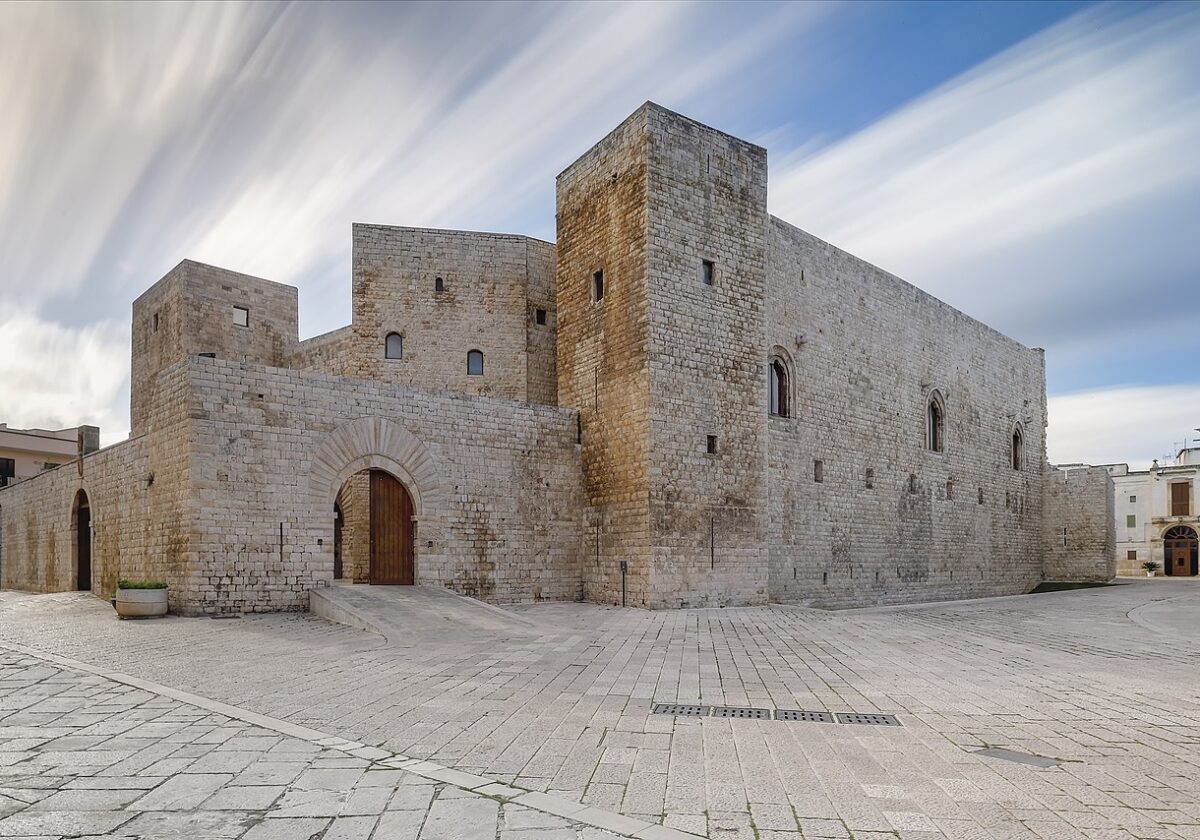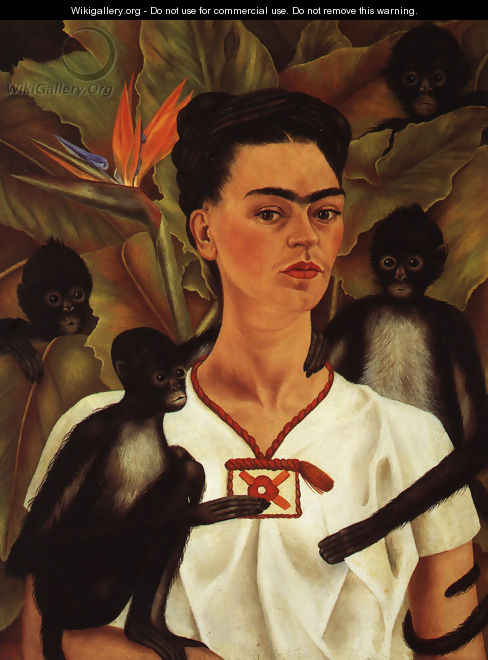Mini-Glossary
Not all terms below are in Spanglish. Some belong to regional variants, slang, etc. Since not all Spanglish words are always written, many appear as they are pronounced.
aiscrim – Ice cream. Helado
bipear – To call on a beeper/to beep. Llamar al bíper
bariman – Worker in a body shop
bregar* – Puerto Rican variant of Spanish: to work / Bregar, trabajar, laborar
bróder – Brother, “my man.” Hermano, socio, asere, pana, guey, cuate, carnal, etc.
carpetero – Carpet layer, installer. Alfombrista, que instala/pone alfombras
cortao – Well cut, muscular, with muscle definition. Musculoso, definido
do patios – To cut grass in yards. Euphemistically called “landscaping.” Trabajo de jardinería, de poda, de limpieza de patios/jardines/hierba/zacate
díler – Car dealer. Persona que vende vehículos en un concesionario
dropear – To drop (lines, a letter). Hacer, escribir (unas líneas)
efiche – Efficiency apartment. Tiny studio. Miniapartamento con todo junto: el baño, la cocina, el cuarto de dormir, el closet, todo en un solo salón
estato – Status. Estatus
faxear – To fax. Enviar facsímiles – o enviar por fax
ganga – Gang. Banda, grupo
grande – Big (from exercise). Ponerse/estar fornido, con volumen, por el ejercicio
gruero – From grúa (hoisting crane) in Spanish. It is also used to refer to the person that operates a – tow truck, the type used to pick up broken cars or vehicles that have been involved in an accident
hielo (el) – The US North, especially those states where it gets very cold
janguear – Hang out; be with. Andar con, hacer/pasar tiempo con
jompear, yompear – To jump start a vehicle (with jump cables) usually from another car, with cables de jompear
landear – To land, to obtain. Conseguir, obtener
mecharse – Cubanism that means to study hard (Burn the midnight oil). Estudiar con ahínco, quemarse las pestañas estudiando
mejunje/menjunje/merjunje (**) – Melting pot; mixture, mélange. Ajiaco, mezcolanza, mezcla
meter papeles – To fill out papers, applications, documents (usually used by Central America Spanish speakers)
migra – Immigration (offices, agents, etc.).
moverse – To move from a place to another, to travel. Transportarse, mudarse
pana – Derivation of partner: pal, friend, brother, homey. Also used outside the US
pincha /pinchar – Term used by Cubans for job, work, place of employment. El empleo, el trabajo, el lugar de trabajo (also curralo/curralar)/ to work
pompa – Gas station (from pump). Gasolinera, estación de gasolina
pompero – Gas station attendant. Empleado de la gasolinera
quitear – To quit. To stop doing something. Dejar, cesar de hacer algo
rep – Representative, associate, employee. Empleado, representante
rufero – Roofer. Person that lays or fixes roofs. Techero. Reparador de techos. (Note: In Cuban slang it also means bus driver or guagüero from rufa=guagua, Cuban terms for bus)
Sauesera (Sagüesera) – Miami Southwest, where Little Havana was. In the 90’s it was called Little Viet Nam and Cubans were not a majority there any more
suave (cogerlo ~) – Take (it) easy, relax. Tomar algo con calma. Relajarse.
tormoto – Perhaps from tow motor; forklift. Used by Cubans for montacargas
tranporteichon – From transportation, meaning an old car to go to work, to “move”
troquero/tróquer – Trucker. Camionero. Chofer de camión
uerkaut – Workout and to work out. El ejercicio/entrenamiento físico. Hacer ejercicios físicos
vestirse de oso – To dress like a bear. To wear (heavy) coats. Ponerse abrigo y ropa gruesa
yoni – From Johnie: American, usually Anglo. Americana/o (used by Cubans)
yunkero – Worker at a junk yard. Sometimes applied to those that pick up old cars to dump or sell as scrap. Trabajador de un deshuesadero o rastro
yarda – Yard, garden, lawn. Patio, jardín, césped
(*) Bregar no es, como algunos erróneamente creen, un arcaismo en español. Es un verbo con todas las de la ley, utilizado mucho por los puertorriqueños y que aparece aún registrado en el más reciente diccionario de la Academia Española.
from Spanglish: To Ser or Not to Be? That is la cuestión!
(**) Mejunje, with its three spelling variants, is a word of classic Arabic origin, permeated by Hispanic Arabic. It is interesting to notice that in Latin America its meaning is broader than the one included in the Diccionario de la Real Academia de la Lengua Española (2001, Tomo II: 1480)






I have not idea of the meanings of too many terms. This without doubt is gonna help me to increase my Spanglish knowledge. Como quien dice me voy a ser un cabrón super pipa. ñeee
Bien cantao Maria Jose!
This comment has been removed by a blog administrator.
¿Conoces el uso de "culear" para ser referencia a reconciliarse con alguien?
Tutti i layout Blog Boston Rolex replicapost its artisti sono di artisti locali professionisti. Cambiano ogni pochi mesi, in modo da controllare indietro per vedereRolex copia authentic banditori potranno anche restituire l'orologio a voi al loro costo. Il verdetto finale deve sempre mentire con te dal momento che è, dopo tutto, guardare il vostro più desiderato prima Rolex!
moncler jackets
michael kors handbags
michael kors handbags
coach factory outlet online
adidas superstar trainers
louis vuitton outlet
coach outlet
hogan scarpe
curry 3
concord 11
nike roshe run
ugg boots
boston celtics jerseys
adidas yeezy
retro jordans 13
coach outlet store online
louis vuitton purses
coach factory outlet
adidas running shoes
louis vuitton borse
jordan retro 4
polo ralph kids
cheap jerseys
christian louboutin shoes
oakley sunglasses
ugg outlet
hollister jeans
louis vuitton
louboutin femme
coach outlet
louis vuitton outlet
kate spade outlet
coach outlet canada
ray bans
discount jordans
coach factory outlet
louis vuitton outlet
chenlili20160820
nike roshe 1
oakley sunglasses discount
burberry scarf
toms wedges
coach outlet store online clearances
nike air max 90
michael kors outlet online sale
oakley sunglasses outlet
cheap nfl jerseys wholesale
mac cosmetics outlet
2017.3.20chenlixiang
cheap oakley sunglasses
ecco shoes
jordan shoes
michael kors handbags sale
louboutin shoes
carolina panthers jersey
omega watches
coach outlet store
nike outlet
gucci outlet
christian louboutin shoes
armani exchange
under armour shoes
replica watches
toms shoes
michael kors handbags outlet
philadelphia eagles jerseys
michael kors handbags clearance
cheap ray bans
nike trainers
2、
adidas outlet store
coach factory store
coach factory outlet
golden goose
birkenstock outlet
cheap basketball shoes
christian louboutin
coach outlet
ferragamo outlet
christian louboutin outlet